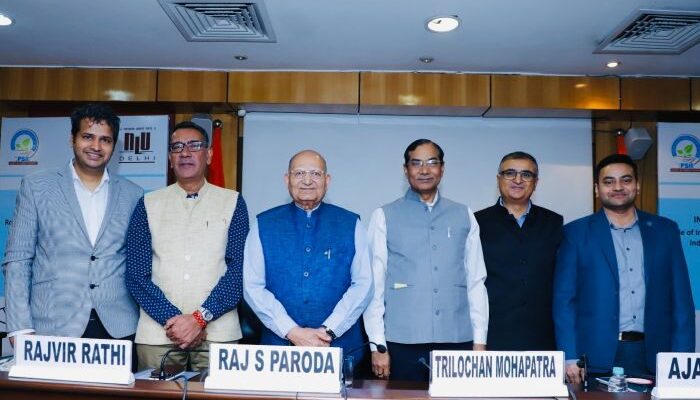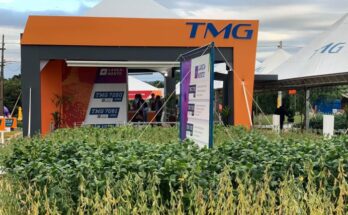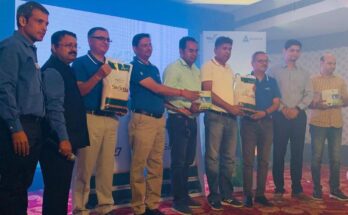New Delhi: India’s agricultural sector is undergoing a remarkable transformation, embracing innovation and technology at an accelerated pace. To sustain this momentum, a robust Intellectual Property Rights (IPR) environment is crucial for achieving the aspirations.
The experts highlighted the opportunities and challenges in effectively leveraging intellectual property to drive innovation and competitiveness in the seed and biotechnology sectors in India. These challenges include strengthening mechanisms for IP protection and enforcement, particularly in seed and biotech sectors, facilitating technology transfer and licensing agreements, navigating complex regulatory frameworks, and building capacity and awareness among stakeholders.
Dr Raj S Paroda, Founder Chairman, Trust for Advancement of Agricultural Sciences (TAAS) said, “Enabling environment for IPR protection is critical for accelerating new innovations and technologies needed for faster growth of agriculture. When innovators are confident of the protection of their rights, they get incentivised to do better and come forward to invest and innovate. For example, investments in research and development of new high-yielding varieties and hybrids, that are resistant to biotic and abiotic stresses. Fortunately, through PPVFRA (Protection of Plant Varieties and Farmers’ Rights Authority), we in India have a unique IPR framework which not only protects the rights of plant breeders but also of our farmers.”
You may also like to read: Artificial intelligence platforms attract visitors’ attention at Brazil Agrishow 2024
Dr Paroda and other experts were speaking at a national conference titled ‘Innovate, Protect, Prosper: Role of Intellectual Property Protection in Taking India’s Seed Sector to the Next Level,’ organised by the Federation of Seed Industry of India (FSII). The scientific and industry experts highlighted the need for a robust IPR environment and effective enforcement that shall boost the growth of the seed industry.
Drawing from international lessons, nations have acknowledged the necessity of maintaining a balanced stance on intellectual property rights. Strong IP protection is vital for stimulating innovation and investment Collaborative research endeavours, partnerships between the public and private sectors, and open innovation frameworks have demonstrated their effectiveness in expediting innovation and tackling intricate challenges.
Speaking on the need for a balanced IPR environment for the seed industry, Ajai Rana, Chairman, FSII and Managing Director & CEO, Savannah Seeds said, “There is a need for a multi-faceted and collaborative approach towards building an effective policy and regulatory framework around IPR, particularly in the seed industry. This involves legal reforms, capacity building, stakeholder engagement, and international cooperation to promote innovation to find solutions to our most pressing problems.”
You may also like to read: Agrishow 2024 brings together international machinery companies with the most varied technologies
Rana also advocated for collaboration between the public and private sectors to enhance research and development efforts, while reiterating the need for better IPR protection and enforcement on the ground.
By leveraging the global best practices and insights, India has the opportunity to craft a nuanced strategy on intellectual property, one that nurtures innovation, encourages technology transfer, and overcomes the hurdles confronting its seed and biotechnology sectors.
As World Intellectual Property Day is celebrated annually on April 26th, it is paramount to raise awareness about the role of intellectual property (IP) rights in fostering innovation and creativity. In India, where the seed and biotechnology industries are crucial for agricultural development and technological advancement, recognising the significance of IP is paramount. FSII strives to contribute to the growth and sustainability of India’s agricultural innovation ecosystem by raising awareness of IPR, promoting collaboration, showcasing innovations, and empowering stakeholders.




